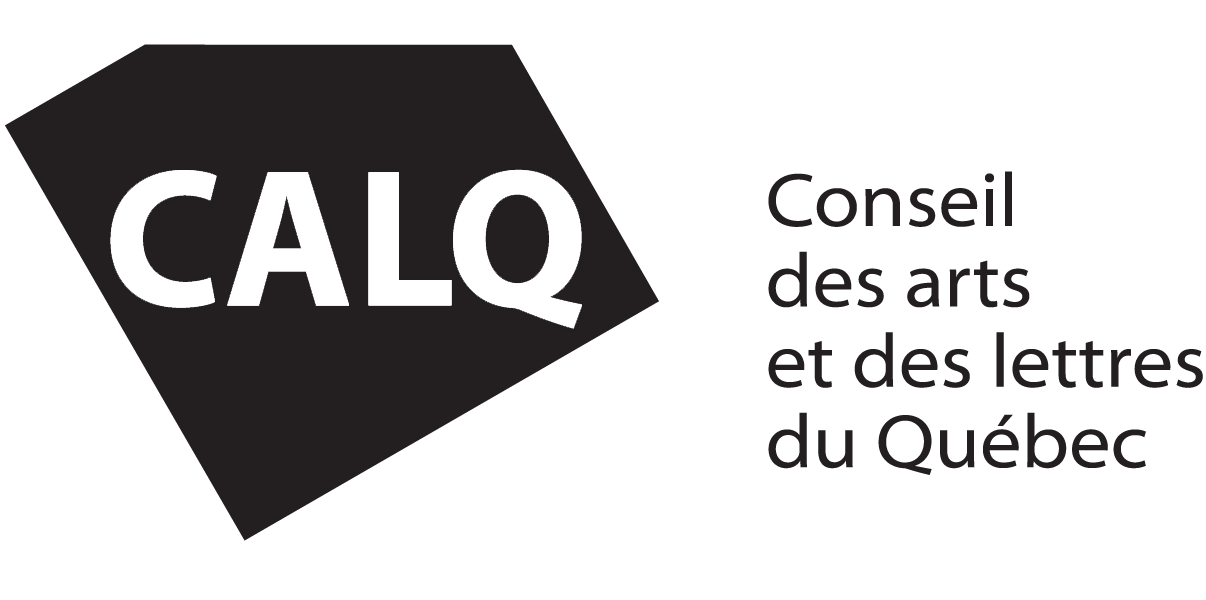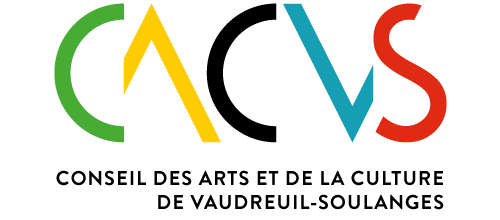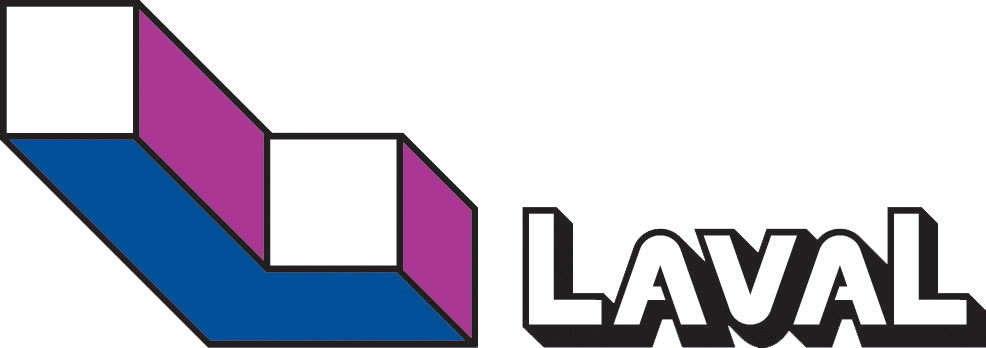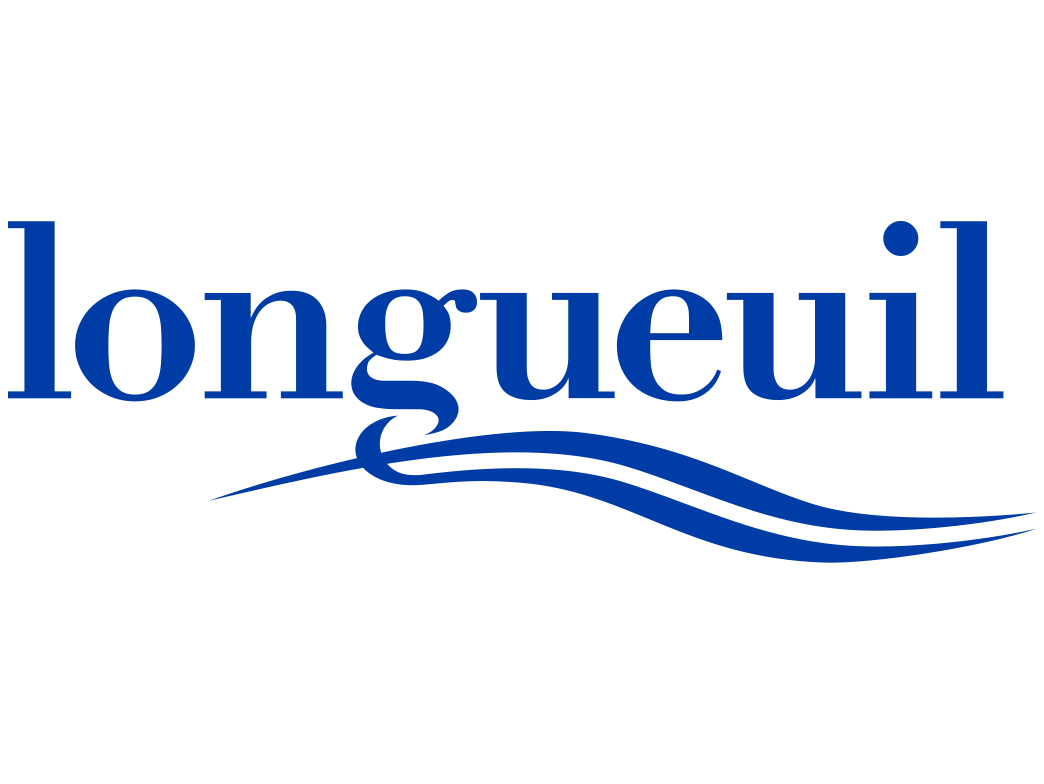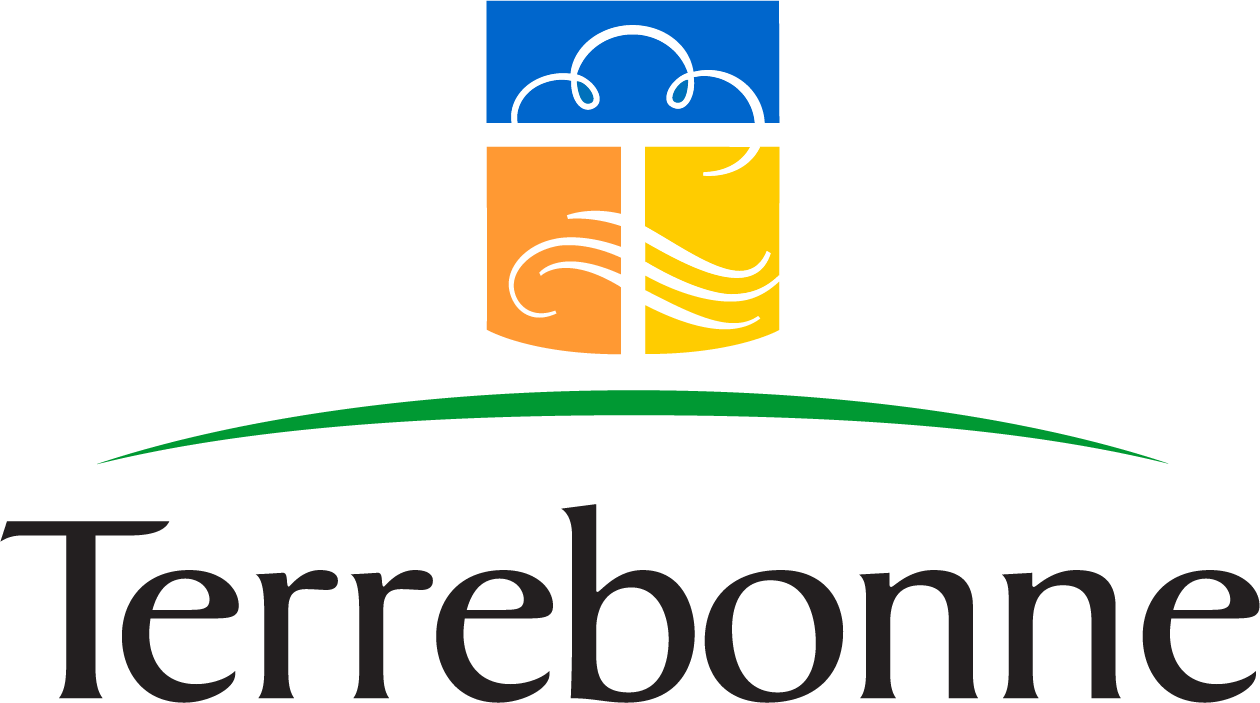October 13 2023
Cultural Bridges, From One Shore to the Other
Deadline
Profile
Discipline
Orientation
Cultural Bridges, From One Shore to the Other is a unifying program in which artists draw inspiration from a citizen co-creation process.
Cultural Bridges, From One Shore to the Other
NEW - ORORA Self-Identification Form
From now on, you will be asked to complete an optional self-identification form when you apply on Orora. The information collected will be used to document and measure the impact of the Conseil’s initiatives, improve program eligibility, ensure fair access, help us better host and support artists from underrepresented groups, following the adoption of our equity policy in September 2023.
Personal information collected through this form is protected under privacy legislation (Law 25).
Introduction
The program fosters meaningful connections between creators and citizens of the City of Montréal and other municipalities in the Greater Montréal area.
The Cultural Bridges, From One Shore to the Other program was set up by the Conseil des arts de Montréal (CAM) in collaboration with the Conseil des arts et des lettres du Québec (CALQ), the Conseil des arts de Longueuil (CAL), the Conseil des arts et de la culture de Vaudreuil-Soulanges (CACVS), and the cities of Laval, Longueuil and Terrebonne.
Who is this program for?
This program is intended for professional artists, artists’ collectives and non-profit organizations.
- Professional artists, artists’ collectives and organizations from the Island of Montreal must propose a project to be carried out on the territory of one of the partner cities.
- Professional artists, artists’ collectives and organizations from one of the partner cities must propose a project to be carried out on the island of Montreal.
What are the program objectives?
- Strengthen exchanges of innovative artistic practices between various territories in the Greater Montréal area
- Promote citizen participation within a professional artistic practice
- Foster citizen co-creation in arts communities
Support
What type of assistance is provided?
Selected projects will receive a production grant not exceeding $25,000 from partner arts councils and municipalities.
What is the duration of the support?
This is a one-time, non-recurring grant.
Projects are to be created over a maximum period of eight weeks, between January 1, 2024 and August 30, 2024.
What do the partners provide?
For the year 2023-2024, the partner municipalities of the CAM and CALQ are the cities of Laval, Longueuil, Terrebonne and the municipalities of the MRC Vaudreuil-Soulanges served by the Conseil des arts et de la culture de Vaudreuil-Soulanges (CACVS).
If the selected artist, collective or organization is from Montreal
- A grant totaling a maximum of $25,000 will be announced, of which $10,000 will be paid by the CALQ and a maximum of $15,000 by the CAM. This grant will pay artists and offset production-related costs such as transportation and per diems, as well as other variable costs directly related to the project’s completion.
- The Greater Montreal area partner municipality will be responsible for hosting the Montreal-based artist, collective or organization for a maximum of eight weeks. Depending on the municipality, this may include a workspace, technical equipment required for the project, logistical support, insurance, equipment transportation and communications services. A frame of reference will be provided by the host municipality for this purpose.
- A videographer will document the projects throughout the co-creation process (development and assembly) and during the final presentation. The CALQ and the CAM will fund this video.
If the selected artist, collective or organization is from a Greater Montreal area partner municipality (Laval, Longueuil, Terrebonne and the municipalities of Vaudreuil-Soulanges MRC)
- A grant totalling a maximum of $25,000 will be announced, of which $10,000 will be paid by the CALQ and a maximum of $15,000 by the partner municipality. This grant will pay artists and offset production-related costs such as transportation and per diems, as well as other variable costs directly related to the project’s completion.
- The borough or designated city will be responsible for hosting the artist, collective or organization from the Greater Montreal area municipality for a maximum of eight weeks. Depending on the capacity, this hosting may include a workspace, technical equipment required for the project, logistical support, insurance, equipment transportation and communications services.
- A videographer will document the projects throughout the co-creation process (development and assembly) and during the final presentation. The CALQ and the CAM will fund this video.
PLEASE NOTE: this program requires a high level of availability from selected artists, collectives and organizations due to the extensive coordination required (calls to citizens, meetings, planning with host city coordinators, etc.).
Eligibility
Which mandates are eligible?
Professional artists, collectives and arts organizations working in creation and production.
What are the general eligibility criteria?
Status and conditions
Individual artists:
- be a Canadian citizen or permanent resident
- have resided in one of the partner cities for at least one year
- be recognized as a professional artist
- have presented at least one artistic work in a professional context
Artists’ collectives:
- have a designated member responsible for the application
- be a group of artists, regardless of the number (minimum of two)
- two thirds of its members must be artists with Canadian citizenship or permanent residence; the proportion of members of the collective residing outside Canada may not exceed one third
- the majority of the collective’s members (50% +1) must reside in one of the partnership cities, including the person responsible for the application
- be composed of professional artists
For an arts organization:
- be a non-profit organization or artists’ cooperative that pays no dividends
- be headquartered in one of the partner cities
- have a Board of Directors composed mainly of Canadian citizens or permanent residents of Canada
- have the mandate to create, produce or disseminate art works
Professional requirements:
- possess a level of recognized and demonstrable competence
- be managed by qualified individuals
- have stable artistic leadership
- have presented activities of a recognized artistic quality
- be staffed by professional artists and/or cultural workers
Are there any special eligibility criteria?
Montreal artists, collectives and professional arts organizations must reside or be headquartered on the Island of Montreal.
Greater Montreal area artists, collectives and professional arts organizations must reside or be headquartered in the partner municipality.
What types of projects are eligible?
Co-creation projects that demonstrate artistic quality and the ability to connect with the community.
By “co-creation,” we mean an artistic process that involves the public at the conception or production stages of the work. The artistic works created are the result of a collaboration between one or more artists and the public. Co-creation support strategies will encourage diversity in both forms of cultural expression and participation in cultural life. This allows local residents to experience the creative process with the artist.
When must the project be carried out?
Projects must be carried out over a period of five to eight weeks, between January 1, 2024, and August 30, 2024.
How many applications will be accepted?
A maximum of four grants will be awarded.
Who is ineligible to apply?
applicants:
- artists, collectives and organizations that do not meet the general conditions for eligibility
- artists that are incorporated as for-profit or not-for-profit organizations
- incorporated for-profit organizations
- organizations not involved in creation/production
- public or para-public organizations representing governments or municipal corporations
- organizations dedicated to teaching, education, and professional training
Projects:
- projects completed before receiving the Conseil’s response
- sound recording projects (albums)
- projects that are essentially promotional
- capital projects or projects to acquire specialized equipment
Activity sectors:
- organizations working exclusively in comedy-variety
- applicants working exclusively in cultural mediation
Applications:
- incomplete applications
- applications received after the deadline for submitting applications
Ineligible applications will not be considered by the evaluation committee.
Accessibility
Can specific populations receive additional financial support to submit their application or complete their project (accessibility costs)?
Yes. Accessibility costs refer to costs that certain individuals, particularly those who are D/deaf and/or living with a disability, must pay to take advantage, in the same way as others do, of the services and programs offered by an institution for research, to create, produce or disseminate their art. Reimbursement of part of these costs by the Conseil des arts de Montréal may offset the financial disadvantage.
The Support Fund for Accessibility Costs is a financial assistance measure that complements the Conseil’s other programs. The deadline to apply for support for accessibility costs is the same as that for the program being applied to.
Artists, collectives or organizations that have obtained financial assistance from the Conseil to carry out a project can also file an application for accessibility cost support up to three months after the decisions related to the successful project have been sent out, provided the project is not completed before the deadline to send out decisions for accessibility cost support applications.
Support is divided into three components:
- component 1 – Financial support to submit a grant application or to apply for one of the Conseil’s initiatives
- component 2 – Financial support for accessibility costs for a project funded by the Conseil
- component 3 – Financial support for presenter organizations for accessibility costs to welcome audiences for a project funded by the Conseil
For more details, please see this additional information on the Support Fund.
Applications
Can I submit more than one application in the same year?
Only one application per year can be submitted for this program.
How do I apply?
Please go to the ORORA portal by clicking here and follow the instructions to complete your application.
Who should submit the application?
For collectives: the person designated by the collective.
For organizations: a duly authorized representative.
Can I submit an application in English?
Only collectives may submit their applications in English. Please note that the questions on the form are in French.
What information and documents must I include in my application?
- Curriculum vitaes of artists participating in the project
- A letter of interest from the host location. This letter must state that the host partner undertakes to support the artist, organization or collective and that it fully understands the need for expertise in citizen participation (e.g., recruiting residents)
- The project budget
- A project timeline
- A list of Internet links (YouTube, Vimeo, website, etc.) showing previous creations is required
Only required documentation will be sent to evaluation committee members
How can I submit an application?
Most of the applications to the Conseil des Arts de Montréal will progressively be submitted through the ORORA online application portal.
Evaluation
How are applications evaluated?
The Conseil receives applications and manages the grant programs. It shares its expertise in evaluating artistic projects and awarding grants based on artistic merit.
What are the evaluation criteria?
Artistic quality 45%
- Artistic quality and merit of the co-creation process
- Artistic quality and originality of past productions
- Quality of the artistic work of the artist, collective or arts organization
Citizen co-creation 35%
- Appeal and accessibility of the co-creation project
- Quality of support activities offered to citizens in the creative process
- Ability of the project to forge ties with the community
Project management and financial stability 20%
- Feasibility of the project and soundness of the proposal
- Realistic budget forecasts
- Ability of the artist, collective or arts organization to complete the project
What is the response time?
Between the application deadline and the Conseil’s decision, a period of eight (8) to ten (10) weeks is required to process the application.
How will I be informed of the decision?
The person responsible for the request will receive an email invitation to view the results on the ORORA platform. No decisions will be communicated by phone.
Can I appeal the decision?
CAM decisions are final and are not subject to appeal. However, CAM employees are available to answer any questions you may have. Fairness, ethics and proximity are an integral part of our values, and listening and empathy will always be a priority in our customer relations. Therefore, to improve the way we work, we are providing you with a feedback form, which you can find here.
However, all organizations, collectives and artists wishing to share their concerns with us undertake at all times not to communicate with members of the evaluation committees or members of the Council’s Board of Directors regarding any management, evaluation or decision related to their application.
Payment
How will the grant be paid?
The grant awarded will be paid in several instalments.
- Maximum of $10,000 paid by the CALQ
- A maximum of $15,000 paid by the Conseil des arts de Montréal or the partner municipalities, with payments spread out depending on the amount awarded.
Obligations
Commitments
Accepting payment of the grant constitutes, for the artist, collective or organization, an undertaking to complete the activities covered by the grant and to comply with the accompanying conditions.
The artist, collective or organization agrees to:
- carry out the project as planned
- notify the Conseil as soon as possible if unable to carry out the project in the fiscal year for which the grant was awarded; depending on the situation, a full or partial refund may be requested
- if requested, submit activity and financial statements or reports at the required times
- if applicable, include in its report photographs, videos or any other relevant, royalty-free visuals that the Conseil may use for promotional or archival purposes
- be available and commit to working with the videographer when documenting the co-creation project
Visibility Standards and Logos
Arts organizations, collectives or individual receiving grant from the Conseil must mention this funding in their information, promotional, or advertising material.
Program Results
Results ratified by the Board of Directors on november 28, 2023
Nombre de demandes admissibles déposées : 3
Nombre de demandes acceptées : 1
List of recipients:
Conteurs à gages
Danse Carpe Diem/Emmanuel Jouthe
Marcio Vinicius Paulino Silveira (Collectif Janie & Marcio)
Total amount invested: 45 000 $
Need more information?
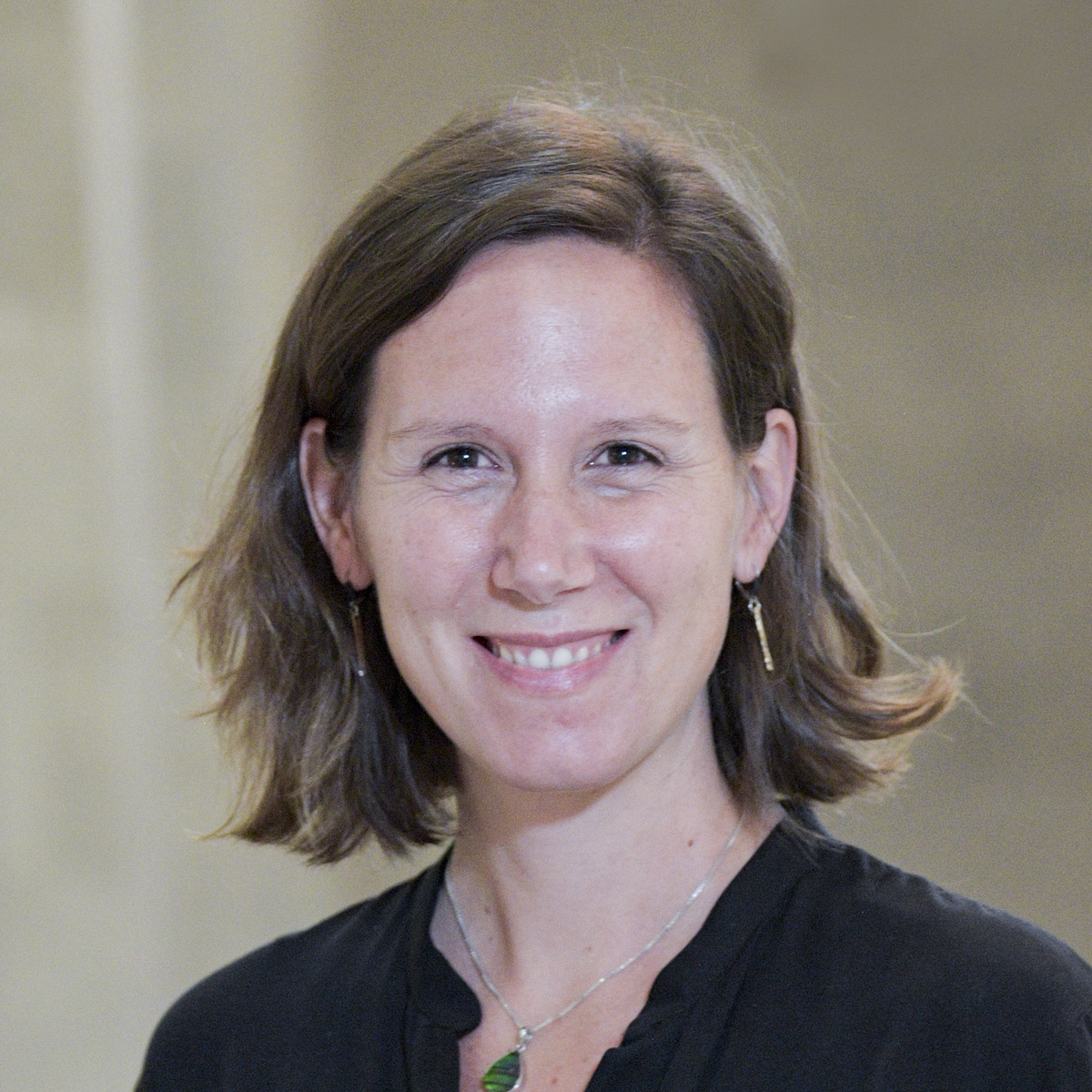
Karine Gariépy
Éric Dufresne-Arbique
Mélanie Hallé
Ville de Laval, Division diffusion culturelle et événements / régie diffusion et médiation – équipe territoire Service de la culture, des loisirs, du sport et du développement social
m.halle@laval.caMélanie Desmarais
Ville de Terrebonne, Direction du loisir et de la vie communautaire
Melanie.Desmarais@ville.terrebonne.qc.ca